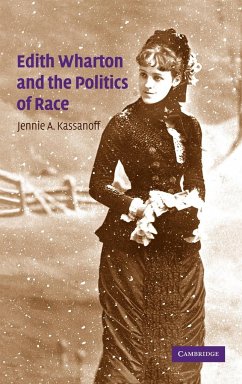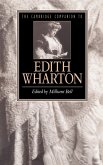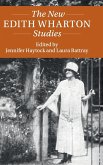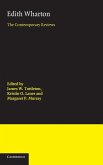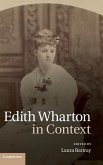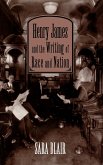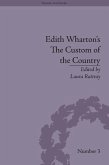Kassanoff shows how Wharton participated in debates on race, class and democratic pluralism at the turn of the twentieth century.
Edith Wharton feared that the 'ill-bred', foreign and poor would overwhelm what was known as the American native elite. Drawing on a range of turn-of-the-century social documents, unpublished archival material and Wharton's major novels, Jennie Kassanoff argues that a fuller appreciation of American culture and democracy becomes available through a sustained engagement with these controversial views. She pursues her theme through Wharton's spirited participation in a variety of turn-of-the-century discourses - from euthanasia and tourism to pragmatism and Native Americans - to produce a truly interdisciplinary study of this major American writer. Kassanoff locates Wharton squarely in the middle of the debates on race, class and democratic pluralism at the turn of the twentieth century. Drawing on diverse cultural materials, she offers close interdisciplinary readings that will be of interest to scholars of American literature and culture.
Table of content:
Introduction: Invaders and Aborigines: playing Indian in the land of letters; 1. 'The real Lily Bart': staging race in The House of Mirth; 2. 'A close corporation': the body and the machine in The Fruit of the Tree; 3. The age of experience: pragmatism, the Titanic and The Reef; 4. Charity begins at home: Summer and the erotic tourist; Coda The Age of Innocence and the Cesnola controversy; Bibliography.
Edith Wharton feared that the 'ill-bred', foreign and poor would overwhelm what was known as the American native elite. Drawing on a range of turn-of-the-century social documents, unpublished archival material and Wharton's major novels, Jennie Kassanoff argues that a fuller appreciation of American culture and democracy becomes available through a sustained engagement with these controversial views. She pursues her theme through Wharton's spirited participation in a variety of turn-of-the-century discourses - from euthanasia and tourism to pragmatism and Native Americans - to produce a truly interdisciplinary study of this major American writer. Kassanoff locates Wharton squarely in the middle of the debates on race, class and democratic pluralism at the turn of the twentieth century. Drawing on diverse cultural materials, she offers close interdisciplinary readings that will be of interest to scholars of American literature and culture.
Table of content:
Introduction: Invaders and Aborigines: playing Indian in the land of letters; 1. 'The real Lily Bart': staging race in The House of Mirth; 2. 'A close corporation': the body and the machine in The Fruit of the Tree; 3. The age of experience: pragmatism, the Titanic and The Reef; 4. Charity begins at home: Summer and the erotic tourist; Coda The Age of Innocence and the Cesnola controversy; Bibliography.

